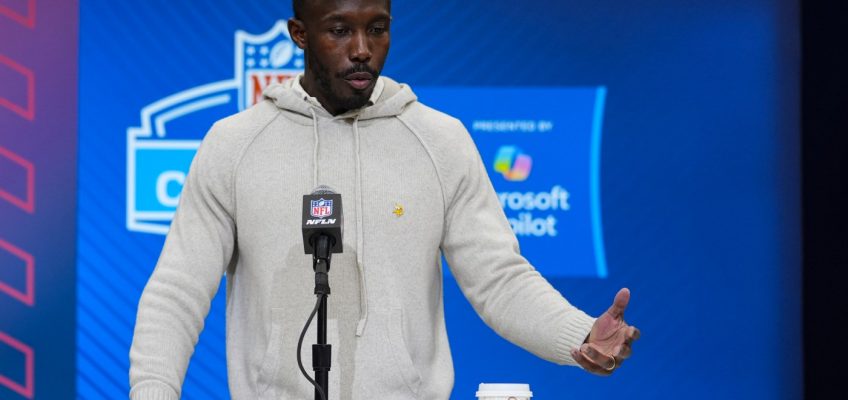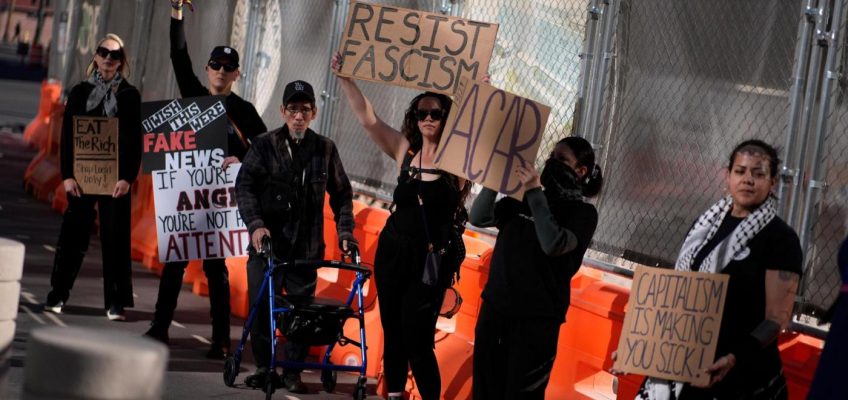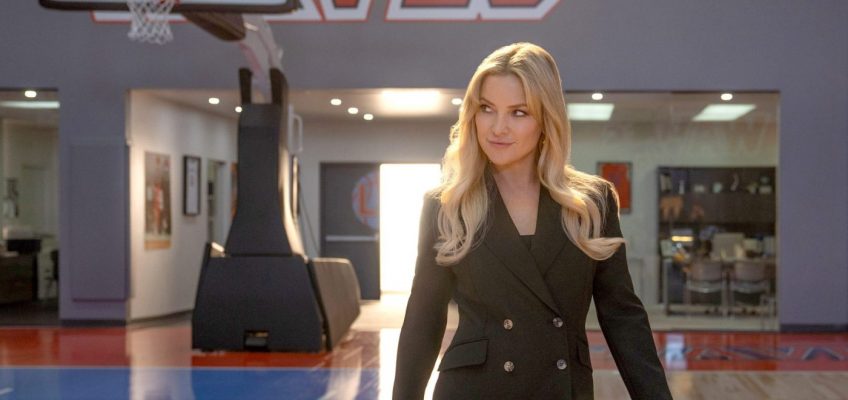INDIANAPOLIS — It’s no secret that head coach Kevin O’Connell wants to improve the interior of the offensive line.
After the Vikings got manhandled up front in their playoff loss to the Los Angeles Rams, O’Connell momentarily let the emotions get the best of him as he reflected on the performance in real time.
“We’ve got to find a way to solidify the interior of the pocket,” he said after a 29-9 loss on Jan. 14. “It’s the foundation of the interior of the pocket that we’re going to have to take a long look at.”
Though he tried to walk back the intensity of those comments this week at the 2025 NFL Combine, O’Connell didn’t back down from the fact that the Vikings desperately need to get better in the trenches.
“It was more an emphasis on how I believe we need to play,” O’Connell said. “We need to be able to have a level of execution and a level of physicality that holds up.”
Now, arguably the best player in the upcoming free agent class is off the market.
According to multiple reports, the Kansas City Chiefs intend to place the franchise tag on star guard Trey Smith, which means the Vikings will need to pivot with free agency looming next month.
Here are the best guards available in free agency:
Will Fries
After being selected by the Indianapolis Colts in the seventh round of 2021 NFL Draft, Fries developed from a depth backup into a bona fide starter.
He has started 31 games in his career and was well on his way to establishing himself among the best guards in the NFL last season before suffering a fractured right tibia. He was placed on injured reserve on Oct. 7, 2024, which limited his most recent sample size.
That shouldn’t hurt Fries, 26, from garnering interest from many teams. He still appears to be on an upward trajectory, so the Vikings are going to have to pay up if they want his services.
Teven Jenkins
Originally selected by the Chicago Bears as a tackle in the second round of the 2021 draft, Jenkins has taken the next step since switching to guard. Though he has struggled with injuries at difference points in his career, Jenkins, 26, has still started 38 games.
The biggest issue with Jenkins for the Vikings is the fact that the Bears might be more motivated to re-sign him after missing out on the opportunity to negotiate with Smith.
Kevin Zeitler
A veteran of the trade, Zeitler was selected by the Cincinnati Bengals in the first round of the 2012 Draft. He has started 197 games in his career and would bring a well of knowledge to the Vikings.
Most recently, Zeitler balled out for the Detroit Lions, playing a key role on an offensive line that many believed to be the best in the NFL. Not only would signing Zeitler, 34, be a viable option for the Vikings, it would weaken an NFC North rival.
Mekhi Becton
It looked as if Becton might never pan out after being selected by the New York Jets in the first round of the 2020 NFL Draft.
He battled through a major injury and was on the verge of being considered a bust before signing with the Philadelphia Eagles ahead of last season. That decision helped him revitalize his career.
After making the switch from tackle to guard, Becton, 25, was named a starter for the Eagles, and he served in that role all the way to a Super Bowl victory.
Now, will Becton have interest in the Vikings? That remains to be seen.
James Daniels
After being selected by the Bears in the 2018 NFL Draft, Daniels has most recently made a name for himself with the Pittsburgh Steelers.
He has started 84 games in his career while playing various position on the interior of the offensive line. The most concerning part about Daniels, 27, is that he’s coming off a torn Achilles tendon, so he will need some time to work himself back to 100 percent.
That might be enough to scare the Vikings away.
Related Articles
Will Vikings hand keys over to J.J. McCarthy? Intel from the NFL Combine
Here’s how the Vikings compared to their peers in annual NFLPA report cards
Vikings left tackle Christian Darrisaw on track with his recovery
What’s next for Sam Darnold? Vikings weighing options at NFL Combine
Five questions the Vikings must answer at the 2025 NFL Combine




